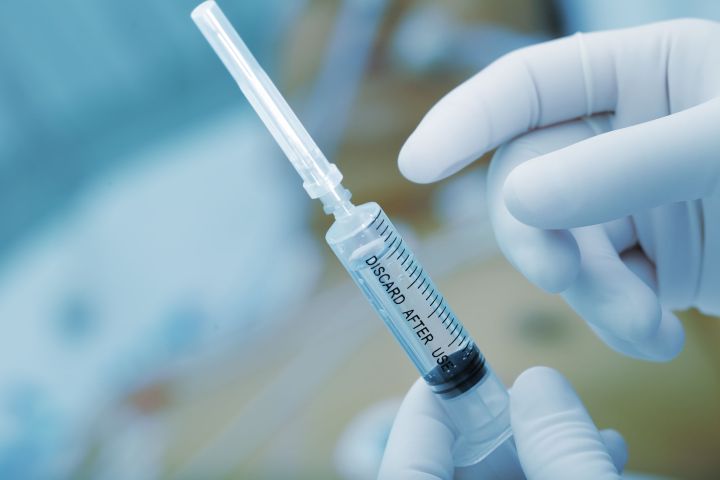
But these RNA were big — too big. He couldn’t efficiently transmit them to cells.
Enter Chahal’s good friend and MIT associate, Dr. Omar Khan, a chemical engineer who had a solution to Chahal’s problem – customize nanomaterials that were big enough to carry the messenger RNA and compact enough to inject directly into muscle tissue, just like traditional vaccines.
Khan’s nanomaterials package the messenger RNA as nanoparticles, which can enter cells, mimic viral infections, raise cellular alarms, and use the instructions contained within the RNA to activate the cell’s defenses.
“Our programmable RNA vaccines are quite different from traditional vaccines because [ours] are fully synthetic,” Khan told Digital Trends. “They do not require living systems to grow and produce the final product. Also, unlike typical vaccines, no matter what the disease target is, this efficient production method is identical every time.”
So far, Chahal and Khan have successfully immunized mice to Ebola, H1N1 influenza, and a relative of the parasite that causes malaria, Toxoplasma gondii, with 100 percent effectiveness. But they aren’t limited to these three diseases. When the scientists want to prep an immune system for a different disease, they say they can reprogram the RNA to deliver the relevant alternative antigens. As such, the next diseases they intend to target include the Zika virus and Lyme disease.
Perhaps the most promising aspect is how quickly the RNA and nanomaterials can be manufactured. In just a matter of days, a large quantity of nanomaterials can be stockpiled and disease-specific RNA vaccines can be developed, according to a paper the researchers published this week in the journal Proceedings of the National Academy of Sciences.
Since the RNA are programmable and so quick to manufacture, Chahal and Khan think they’ll be ideal for immediate response to sudden outbreaks. They also say that since the RNA can be reprogrammed, the vaccines can be rapidly adapted to mutating diseases. Lastly, with such large carrying capacities, the nanomaterials enable more than one RNA vaccine to be delivered at once, decreasing the number of required clinic visits for individuals in developing regions. The pair intend to create a company to license and commercialize their technology.


